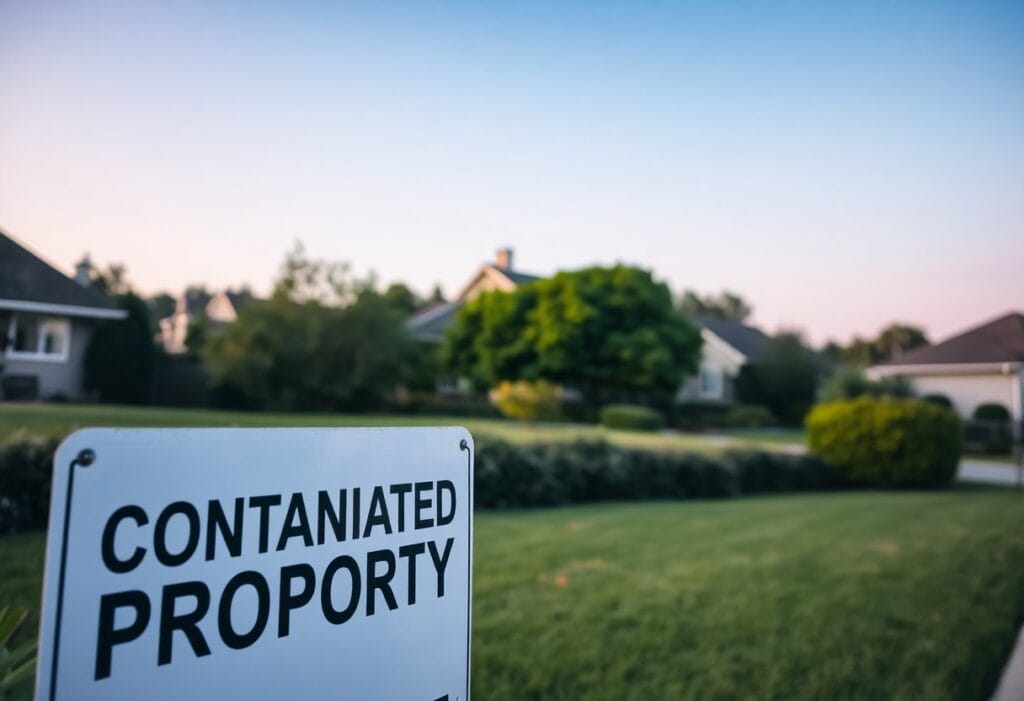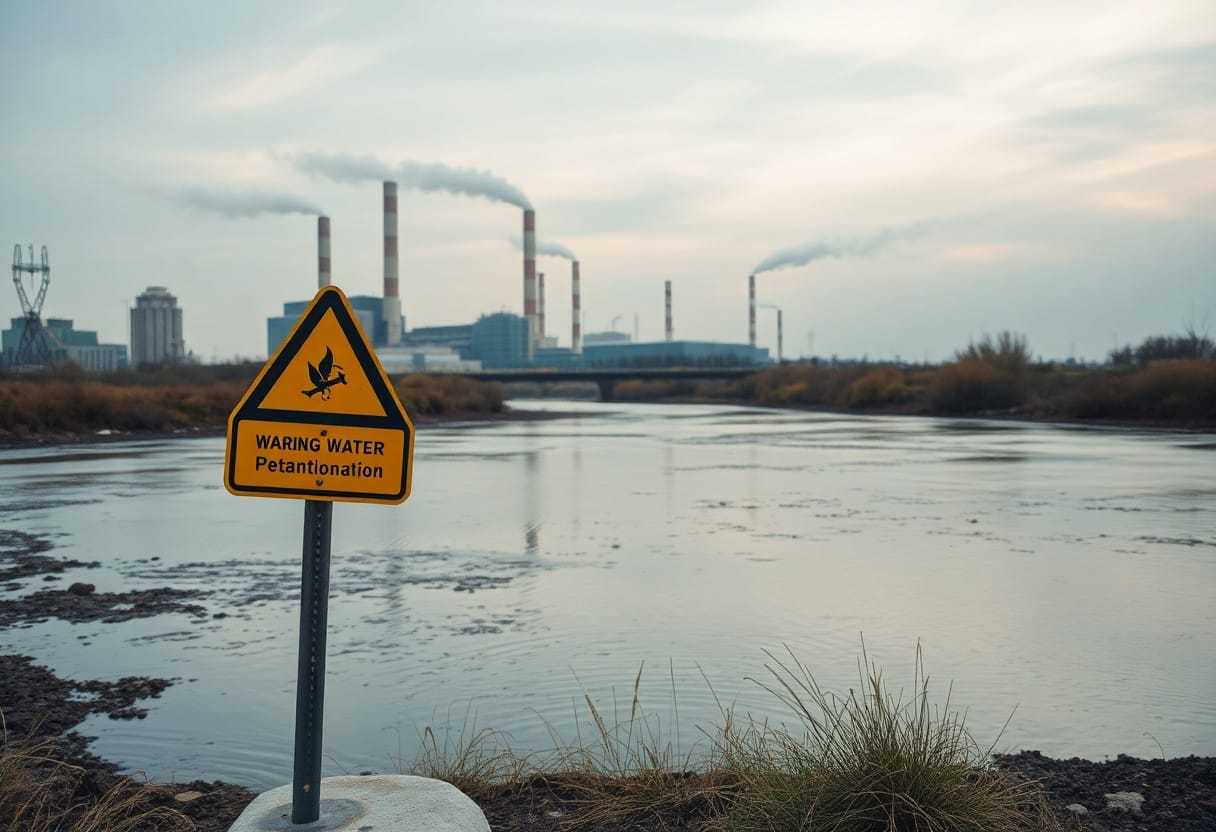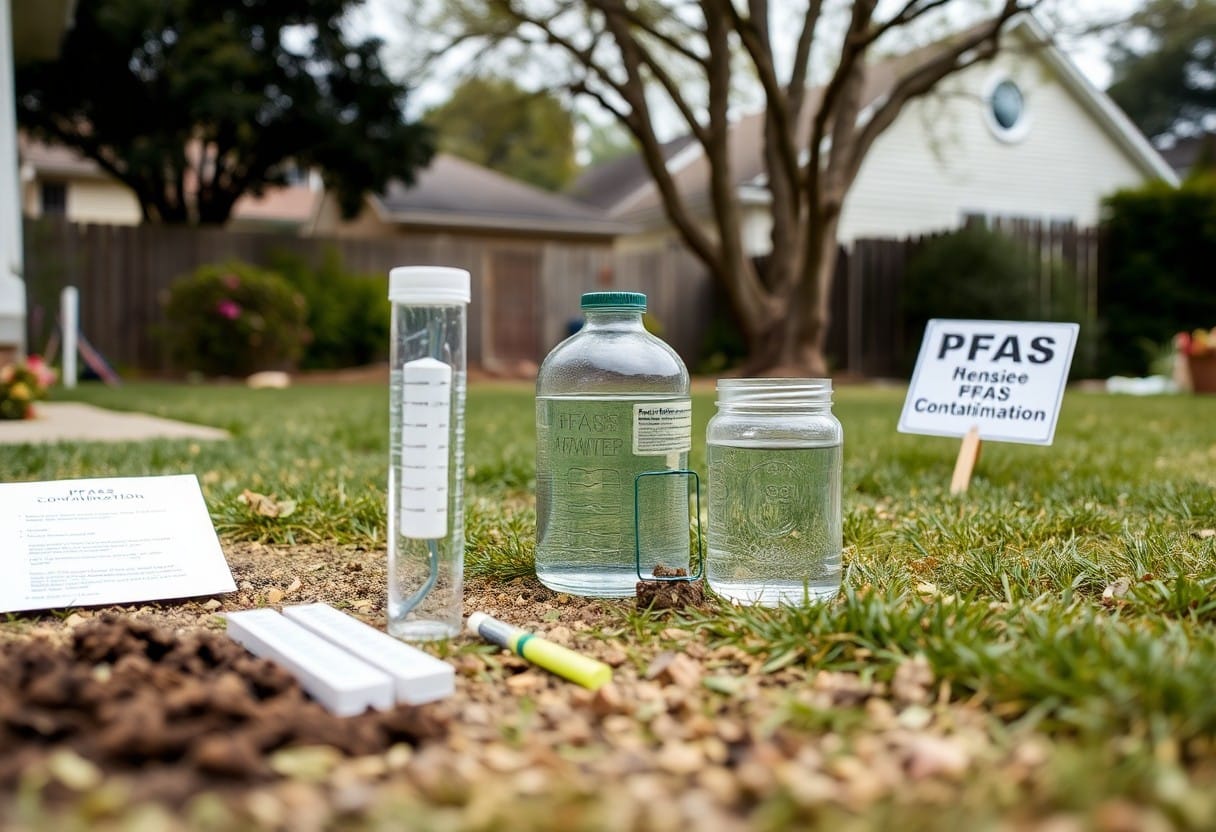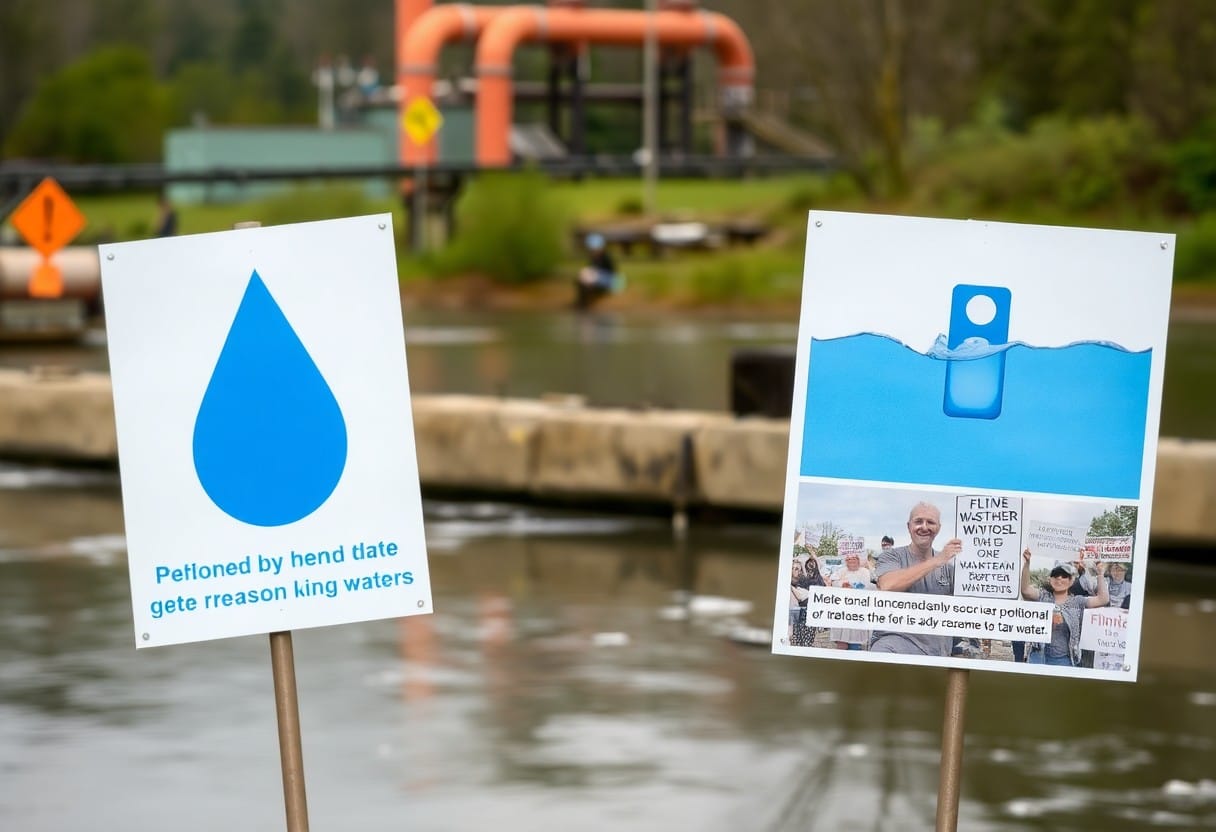Contamination of your property with per- and polyfluoroalkyl substances (PFAS) can have serious health implications and financial burdens. If you find yourself in this situation, it’s imperative to understand your rights and the compensation options available to you. PFAS is linked to various health issues, and as a property owner, you may be eligible for compensation from responsible parties or government programs. In this post, we will explore the steps you can take to seek financial redress and protect your family’s health.
Understanding PFAS
The term PFAS, or per- and polyfluoroalkyl substances, refers to a group of synthetic chemicals widely used in various industrial and consumer products due to their resistance to heat, water, and grease. These substances have become a concern due to their persistence in the environment and human body, leading to potential health risks.
What are PFAS?
Behind their utility lies a growing alarm about PFAS, commonly found in nonstick cookware, food packaging, and firefighting foam. Their unrivaled chemical properties have made them prevalent, but their environmental longevity raises significant red flags for contaminated property owners like you.
Health and Environmental Impacts
Among the pressing issues associated with PFAS exposure are serious health risks, including increased cholesterol levels, immune system effects, and potential links to certain cancers. Understanding these impacts is vital for you as a property owner, as they highlight the necessity of addressing contamination urgently.
Health effects of PFAS exposure may range from adverse reproductive outcomes to thyroid disease and kidney cancer. Scientific studies indicate that these chemicals can accumulate in your body over time, leading to increased health risks. Moreover, the environmental persistence of PFAS can result in widespread contamination, affecting water systems and local ecosystems. As a property owner, you should be aware of the potential impacts on both your health and the value of your property in relation to these hazardous substances.
Legal Framework for PFAS Contamination
It is imperative to understand the legal framework surrounding PFAS contamination, as it governs the rights and responsibilities of property owners. Various federal and state regulations dictate how PFAS chemicals are monitored, reported, and remediated, influencing your potential compensation claims. Awareness of these laws can empower you in your efforts to seek justice and proper compensation.
Federal Regulations
With the growing concern over PFAS, federal regulations have been established to address contamination. The Environmental Protection Agency (EPA) has set guidelines for the safe levels of PFAS chemicals, while also prioritizing research and regulation efforts aimed at reducing exposure. Familiarizing yourself with these regulations can provide you with important tools to advocate for your rights.
State-Level Legislation
Across the United States, states are taking action to combat PFAS contamination through legislation tailored to local needs. Many states have enacted laws to regulate PFAS levels, enforce reporting requirements, and establish remediation standards. Understanding your state’s specific policies can significantly influence your approach to dealing with PFAS issues on your property.
For instance, California has implemented stringent laws requiring water suppliers to monitor and treat PFAS levels, while Michigan has established strict drinking water standards. Other states, like New Jersey, have also enacted laws to control PFAS levels in drinking water and soil. Knowing these laws affects not just compliance but also your ability to pursue legal action and seek compensation for any damages you may have suffered due to PFAS contamination. Staying informed about these developments ensures you can effectively navigate the complex legal landscape surrounding PFAS issues in your area.
Property Owner Rights
One of the fundamental aspects of being a property owner is understanding your rights, especially in the context of contamination issues. You have the right to be informed about any hazardous substances that may affect your property, as well as the right to seek compensation for damages. Additionally, you can take legal action against parties responsible for the contamination, ensuring your voice is heard in matters concerning your health and property value.
Liability for Contamination
Against the backdrop of environmental contamination, understanding liability can be complex. If your property is contaminated with PFAS, you may be liable if you knowingly allowed hazardous materials to pollute your land. However, if the contamination was caused by external sources, such as industrial activities or nearby facilities, you may have options for seeking redress from those responsible.
Compensation Options
Beside understanding liability, it is important to explore the various compensation options available to you as a contaminated property owner. You may be eligible for reimbursement for property devaluation, cleanup costs, and potential health monitoring expenses.
Compensation can vary significantly based on the extent of contamination and the impact on your property. You might be entitled to claims for property value loss, which can encompass both current and future market declines. Additionally, cleanup expenses may be covered if you are required to remediate your land due to the contamination. Should your health be affected, you could also pursue medical compensation for ongoing health issues arising from exposure. Exploring these options with legal assistance can empower you to secure the rightful compensation you deserve.
Steps to Take if Affected
Keep a detailed record of any symptoms you or your family members have experienced, and don’t hesitate to seek medical assistance. Additionally, find out if you live near industrial sites or military bases known to use PFAS compounds, as this could help determine your risk. Gather information on your property’s water supply and any tests that have been conducted in your area.
Identifying Contamination
Between community reports and environmental testing, it’s necessary to identify if PFAS contamination affects your property. You can check state databases or contact local environmental agencies for water quality reports. Consulting with professionals who specialize in PFAS can also provide clarity.
Filing Claims for Compensation
With clear evidence of contamination, you can begin the process of filing claims for compensation. This may involve contacting water utility companies, documenting the health impacts on your family, and seeking legal advice to understand your rights.
This process can vary significantly depending on your location and the extent of contamination. Having solid documentation of any health issues related to PFAS exposure and proof of property value decline will strengthen your claim. Reach out to legal experts who have experience with environmental cases, as they can guide you through the necessary steps to pursue compensation effectively. Be proactive in gathering information and keeping detailed records to support your case.

Case Studies
Not all property owners facing PFAS contamination have had the same experience. Here are some notable case studies worth examining:
- Case 1: A community in Michigan discovered PFAS levels of 1,200 ppt, resulting in $2 million in compensation for affected homeowners.
- Case 2: Minnesota residents identified contamination with 850 ppt, leading to a $1.5 million settlement from local manufacturers.
- Case 3: One New Jersey town reported PFAS levels of 500 ppt, securing $1 million for property remediation costs.
- Case 4: In California, homeowners affected by PFAS at 2,000 ppt received $3 million in damages.
Successful Compensation Claims
Across various states, affected property owners have successfully pursued compensation claims against responsible manufacturers. These claims often hinge on clear documentation of health effects and environmental testing results, allowing you to substantiate your case effectively. Effective legal representation and community support have proven vital in these successful outcomes.
Lessons Learned
About the numerous cases related to PFAS contamination, you can glean important lessons for your situation.
In addition, understanding the legal landscape surrounding PFAS claims helps you navigate potential obstacles. Many property owners found that comprehensive documentation and timely filing of claims were instrumental in securing compensation. Additionally, public awareness campaigns played an important role in rallying community support, pushing regulatory changes, and holding polluters accountable. Your proactive approach could make a significant difference in similar future scenarios.
Resources for Property Owners
Your journey toward understanding PFAS contamination can be supported by numerous resources tailored for property owners. It’s crucial to connect with organizations that offer guidance on legal recourse, advocacy, and environmental assessments. Arm yourself with information to navigate the complexities of PFAS issues and potential compensation pathways.
Legal Aid and Advocacy Groups
Owners seeking assistance with PFAS-related claims can benefit from connecting with specialized legal aid and advocacy groups. These organizations offer crucial support, providing legal advice, resources, and community outreach programs aimed at empowering you in your fight for justice and compensation.
Environmental Agencies
For property owners, environmental agencies serve as a vital resource in assessing and addressing PFAS contamination. These agencies provide testing services, information on safe levels of exposure, and guidance on remediation efforts. They often have access to funds and programs dedicated to mitigating contamination and protecting public health.
This connection to environmental agencies is crucial as they can inform you about state and federal regulations regarding PFAS. Many agencies also conduct studies on the long-term effects of exposure and provide updates on new findings. By collaborating with these bodies, you can gain access to funding opportunities for clean-up efforts and qualify for resources aimed at helping affected communities. Engaging with them can enhance your understanding of the situation and assist in developing an effective response to contamination challenges.
To wrap up
So, if you are a property owner affected by PFAS contamination, understanding your rights and options for compensation is important. Engaging with legal experts who specialize in environmental law can help you navigate the complexity of claims and potentially secure the financial restitution you deserve. Taking action not only protects your assets but also contributes to the broader fight against environmental pollution, ensuring safer communities for everyone. Stay informed about ongoing litigation and regulatory developments that could impact your situation.


















